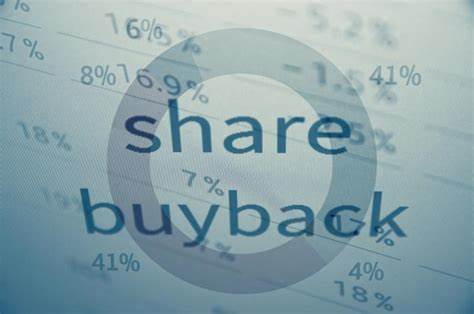Share Buy-Back
Home / Other Services / Sydney Business Lawyers / Share Buy-Back
What Is A Share Buy-Back?
A share buy-back refers to when a company repurchases its shares from shareholders which were previously distributed amongst them by the company. Prior to conducting a share buy-back, the company must also ensure that the share buy-back does not impede the its ability to pay its creditors, as well as follow the procedures set out in the Corporations Act 2001 (Cth).
There are various reasons as to why a company may wish to conduct a share buy-back, including:
- Wishing to increase the individual value of a share;
- To reduce the number of shares in a company so that the individual value of shares will increase; or
- A third-party company that owns shares has now become insolvent resulting in its winding up, therefore their shares need to be repurchased.
The Five Types of Share Buy-Backs
There are five (5) types of share buy-backs and it is important to understand each one as they have distinct characteristics with mandatory procedures, which are:
- Equal access;
- On-market;
- Employee share scheme;
- Selective buy-back; and
- Minimum holding
In this arrangement, all shareholders receive an offer to re-purchase shares in the amount that is proportionate to their shareholding. Further, a company is barred from repurchasing more than ten (10) percent of its ‘voting shares’ within the timeframe of a twelve (12) month period, however ordinary shares are exempt from this limit as there are no voting rights attached to them – known as the “10/12 limit”.
If the equal access buy-back agreement exceeds the limit, an ordinary resolution of shareholders must be held where votes are cast, and amongst other regulations and procedures, a majority of the votes is required in favour of the buy-back in order to proceed.
Prior to giving notice to shareholders that a meeting relating to an ordinary resolution is to occur, the company must provide a copy of the notice and any related buy-back documents or material with ASIC.
A company that is listed (not private) can buy-back shares that are on the market trading on the stock exchange. If the repurchase exceeds the 10/12 limit, then an ordinary resolution must also be passed. The rules and regulations that are applicable to the stock exchange will apply to this buy-back arrangement
This buy-back arrangement involves purchasing shares that are held by employees or directors under an employee share scheme agreement. Although it is internal, the 10/12 limit is still applicable, therefore an ordinary resolution must also be passed in order to finalise the buy-back.
A selective buy-back arrangement differs from the equal access buy-back in that an equal-back is offered to all shareholders equally whilst a selective buy-back is only for purchasing shares from an individual shareholder.
Shareholders must approve a selective buy-back regardless of the 10/12 limit and it is achieved through a resolution where the shareholder selling the share cannot vote, further at least 75% of votes must be casted by shareholders. Another way to approve a selective buy-back is through a unanimous resolution, that is, 100% of the shareholders cast their vote in favour of the buy-back.
Much like the previous arrangements, there are rules and regulations that must be followed in order to successful buy-back a selected share.
A company purchasing shares that are unmarketable parcels from shareholders is called a minimum holding buy-back, and in this circumstance the purchased shares are cancelled, additionally a resolution is not required.
Which buy-back arrangement suitable to you will depend on your circumstances. Contact us today to find out how we can help you.
Looking For Lawyers Who Make A Positive Difference?
As lawyers, we sincerely uphold our responsibility of positively changing the community. We are passionate about making a positive difference and are inspired to work with like-minded people in making our community a better place.
